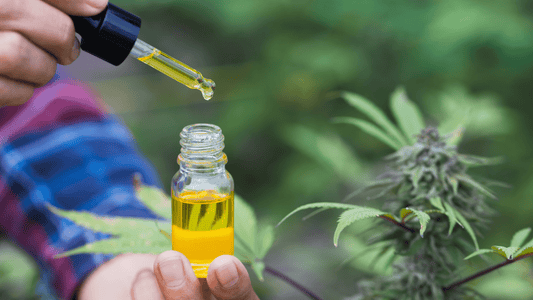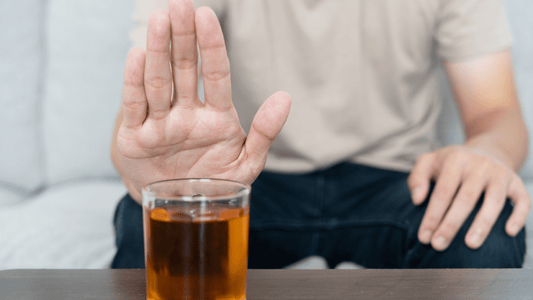I found this Harm Reduction Journal article fascinating, as it highlights that many individuals in legal states substitute cannabis for alcohol and prescription painkillers, potentially leading to significant societal benefits. Consider the fact that this plant is still classified as a Schedule 1 “dangerous drug with no medical benefits,” yet there is raw data showing large percentages of adults replacing harmful prescriptions with it. For example, studies indicate a 20-30% decrease in opioid deaths, as well as reductions in alcohol consumption and opioid prescriptions in areas where cannabis is available. These substitutions could result in fewer drunk driving incidents, reduced opioid overdoses, and overall healthier lives. Since cannabis is not fatal, isn’t saving even one life through its use worthy of full legalization?
If people begin turning to cannabis-based alternatives, like my Friday Night Gummies as a weekend replacement for alcohol, or my All In One Tincture and Super CBD as alternatives to painkillers, the ripple effects could be substantial. There’s no magical formula in my products; they are available everywhere. I just know how to help you use mine, and you can always come to me with questions.
According to emerging data from the study, cannabis has shown promise in reducing pain perception and improving quality of life, although more clinical trials are needed to fully validate this due to the challenges in aligning with FDA models. The context of consumption—set and setting—is a huge factor in enhancing the positive feelings from cannabis, alongside the fascinating placebo effect, which is real, and I believe cannabis enhances regularly. Some studies suggest that THC, specifically, can alleviate pain for certain conditions by interacting with the endocannabinoid system, which regulates pain and inflammation in the body.
This harm reduction potential is particularly relevant for alcohol consumption, which, as we know, is linked to various health risks, including liver disease, addiction, and impaired driving. Substituting even part of one’s alcohol intake with a cannabis-based product like Friday Night Gummies could theoretically reduce the risk of alcohol-related harms, leading to fewer accidents and improved overall wellness.
Opioid addiction is another area where cannabis has emerged as a potential ally. Studies show that access to cannabis correlates with a decline in opioid prescriptions and overdose deaths in certain states. If my clients could use Super CBD or the All In One Tincture to manage pain instead of resorting to prescription painkillers, they might reduce their risk of developing opioid dependency. In fact, both THC and CBD have demonstrated analgesic properties in some studies, suggesting they could be viable substitutes for more dangerous pain management options.
When discussing cannabis as a harm-reduction tool, we need to consider the broader public health implications. Reducing alcohol consumption and prescription opioid use could lead to fewer deaths, lower healthcare costs, and improved quality of life for many individuals. While it’s important not to oversell cannabis as a miracle cure, the existing research is promising enough to suggest that more people should consider these alternatives.
Ultimately, my goal is to help individuals make safer choices that fit their lifestyles. If you’re looking for a more mindful way to unwind or manage ailments, cannabis might offer a solution that aligns better with your long-term health goals. But as always, consult a cannabis expert.




